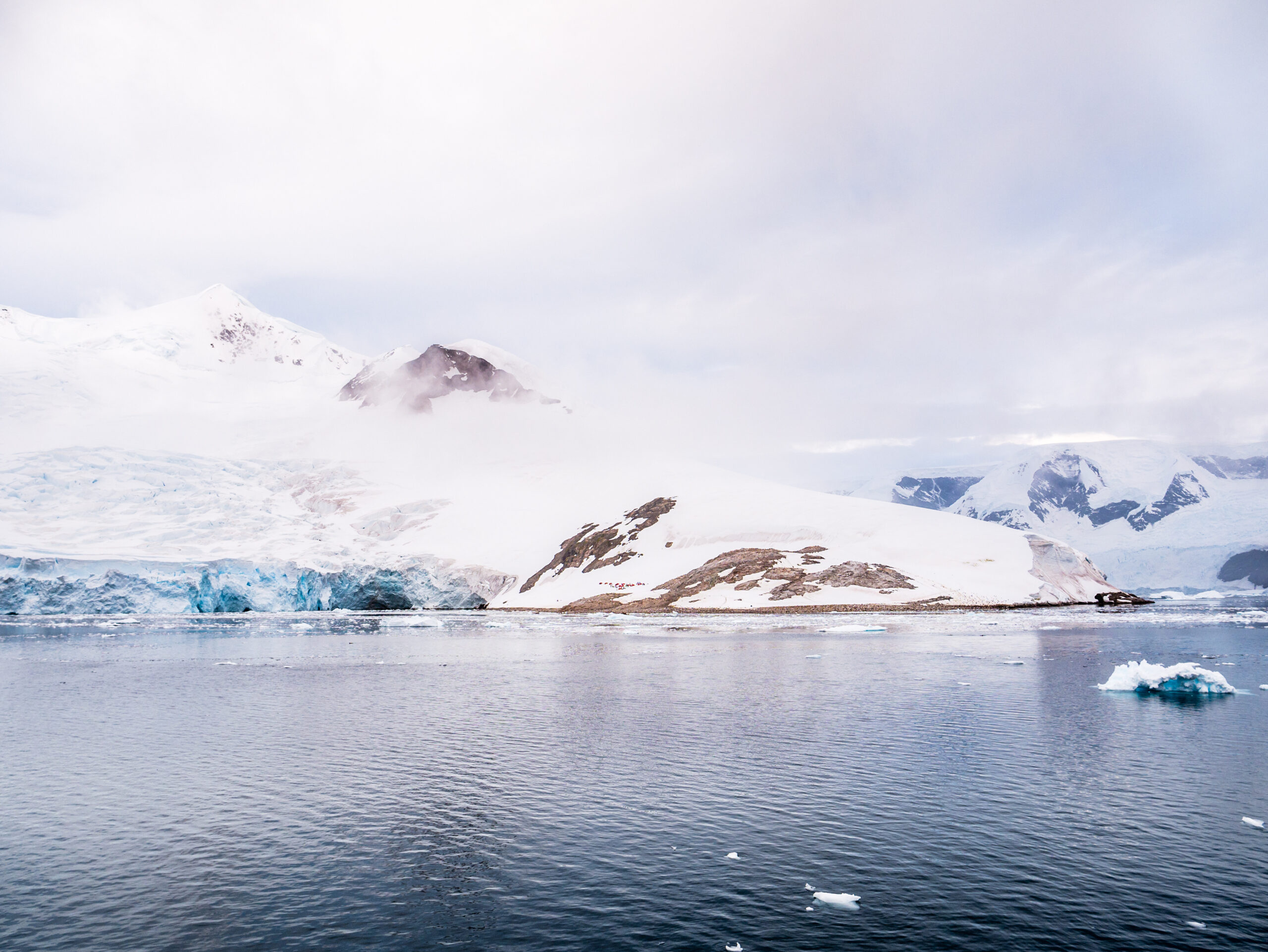White Desert has announced a series of upgrades to its flagship Whichaway Camp in Antarctica, set to debut during the 2025-26 travel season.
Located within the Schirmarcher Oasis, the remote luxury camp has introduced several enhancements aimed at improving guest comfort while maintaining a minimal environmental footprint.
Among the most notable updates are en-suite showers installed in each of the camp’s six heated polar pods, a move designed to offer greater privacy and convenience for travelers.
According to a report by Luxury Travel Advisor, the pods have also been outfitted with glass-front conservatories, providing sheltered views of the surrounding lake and ice falls.
These additions are expected to enhance the guest experience by enabling comfortable, climate-protected sightseeing directly from within each unit.
The camp, which accommodates up to 12 guests, continues to offer a range of amenities and guided activities.
These include a wellness dome featuring a Finnish sauna, a private chef, and excursions such as glacier hiking and ice climbing.
The upgrades follow White Desert’s recent announcement of the “Dr. Jones Collection,” a new series of South American itineraries slated to launch later in the 2025 season.
Pricing for the six-day Antarctic experience begins at $71,500 per person. The package includes return flights and transfers from Cape Town, accommodations, all meals and beverages, and participation in the scheduled activities.
White Desert, founded by polar explorer Patrick Woodhead, is marking its 20th anniversary in 2025. Since its inception, the company has sought to provide access to Antarctica through environmentally responsible tourism and has maintained CarbonNeutral certification since 2007.
For outdoor hospitality professionals, White Desert’s model reflects a growing trend toward high-end, experience-driven tourism in extreme and remote environments.
The integration of comfort-focused upgrades within a sustainability framework may serve as a case study in balancing guest expectations with environmental stewardship—an increasingly relevant challenge for operators in similarly remote or ecologically sensitive areas.


